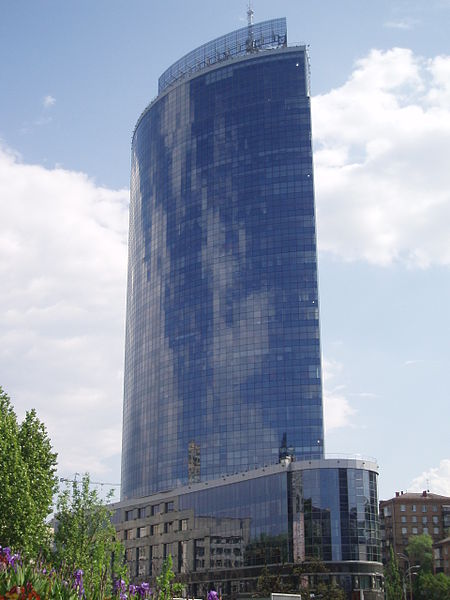
Ukraine’s total imports of natural gas, mostly from Russia, dropped by 19.8% year-on-year, or by 4.87 billion cu m, to 19.71 Bcm in January-September, down from 24.58 Bcm imported in January-September 2012, the energy and coal industry ministry said Monday.
Ukraine imported 4.39 Bcm of natural gas in September, up from 3.11 Bcm imported a year ago and up from 2.86 Bcm imported in August. Ukraine stepped up imports of gas from Russia over the past two months to accumulate more gas into its underground storage facilities in preparation for the winter season, the ministry said. In the first nine months of the year Ukraine’s consumption of natural gas decreased by 7.2%, or by 2.7 Bcm, to 34.7 Bcm from 37.4 Bcm consumed in January-September 2012. Ukraine consumed 2.33 Bcm of gas in September, unchanged from the same month a year ago, but up from 1.95 Bcm consumed in August. Ukraine’s transit of Russian natural gas decreased by 0.4% year-on-year, or by 238 million cu m, to 62.51 Bcm in January-September, down from 62.75 Bcm moved a year ago. In September Ukraine moved 8.07 Bcm of Russian gas through its pipelines for exports, up from 6.59 Bcm in September 2012 and up from 7.31 Bcm shipped in the previous month, the ministry said. In 2012 Ukraine’s imports of natural gas dropped by 26.5% to 32.94 Bcm, while gas consumption fell 7.6% to 54.77 Bcm. At the same time, transit of Russian gas decreased 19.1% to 84.26 Bcm.
Source: Platts
Photo: Courtesy of Wikipedia




